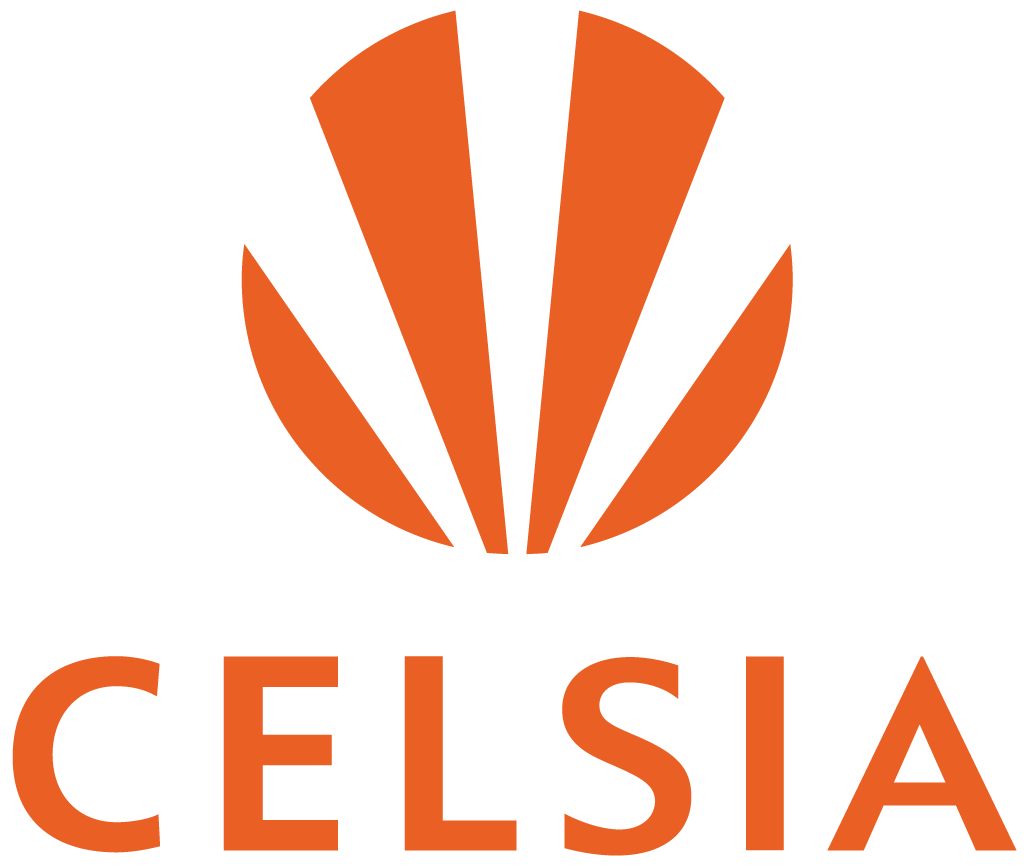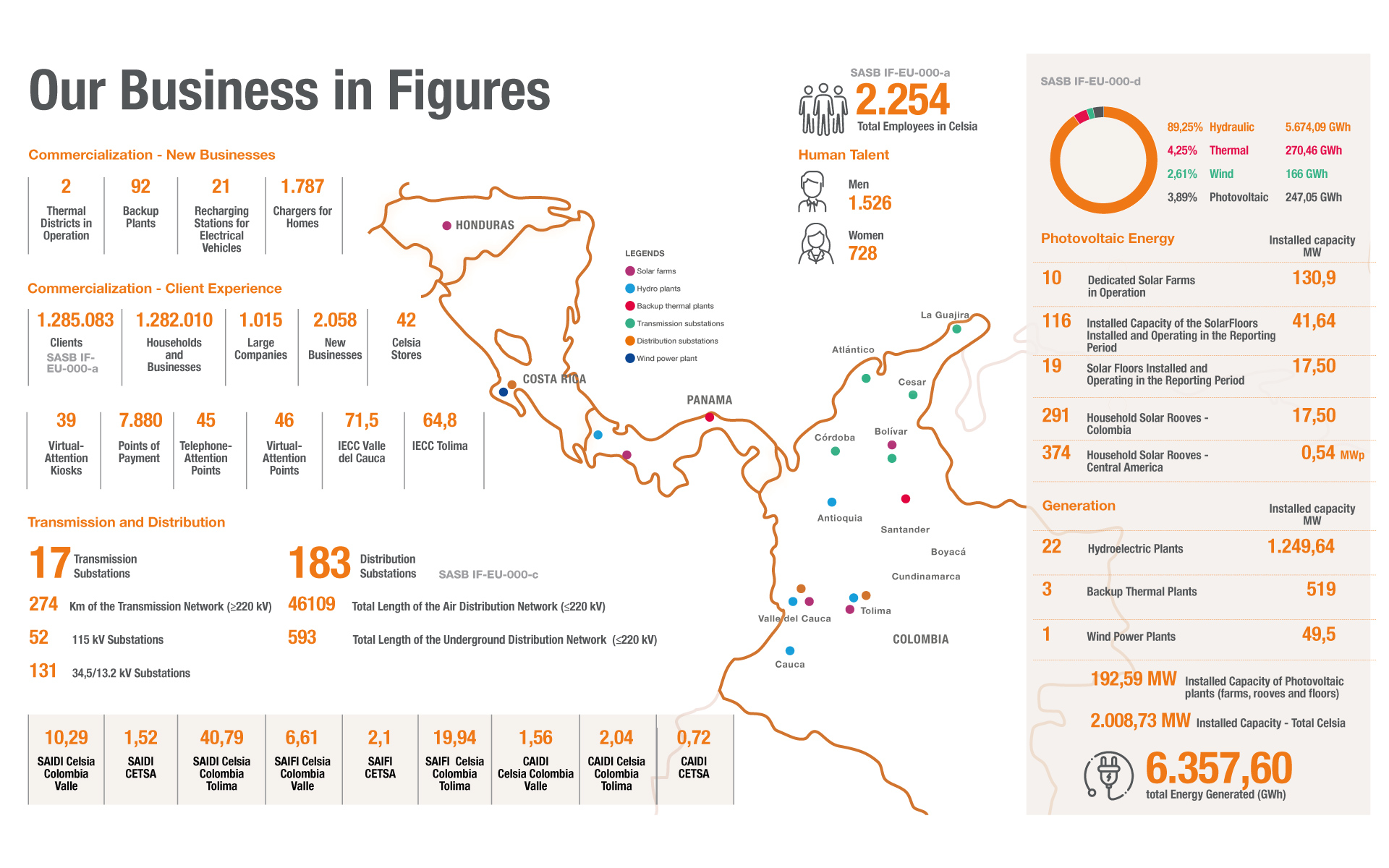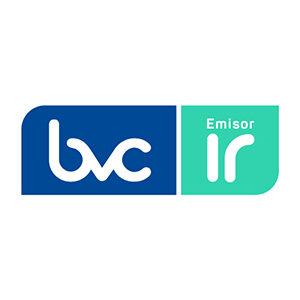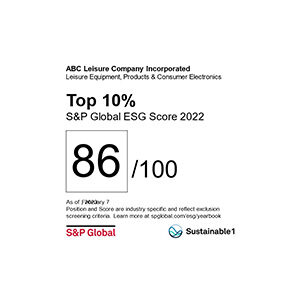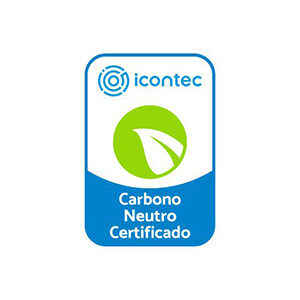At Celsia, we work for the electricity infrastructure of Colombia and the countries where we are present.
At Celsia, we create quality employment with competitive remuneration and superior benefits. We obtain returns for our Shareholders and Investors with sustainability criteria and we work together with our Stakeholders to grow harmoniously together. This is how we build a better society.
This Is Celsia
GRI (2-6) We are a Grupo Argos company that is passionate about renewable energy and energy efficiency, with a presence in Colombia, Panama, Costa Rica and Honduras. We are convinced that a more-sustainable world is possible. We generate and transmit efficient energy from renewable sources (water, sun and wind) with thermal backup.
We Create Value
We find new ways to advise our clients with advanced, innovative solutions so that their home, company or urban project can connect and enjoy all the advantages of the new era of energy with our business model focused on three main segments: Asset Management, Companies and Cities, and Homes, for which we generate value in a responsible, profitable and respectful manner.
We currently serve more than 1,300,000 clients located in 39 municipalities in Valle del Cauca, 47 in Tolima and one (San José del Palmar) in Chocó.
Business Model
This is how we create value, give the best energy to our clients and interact with other Stakeholders.
Asset Management
- Generation: Consolidate a powerful diversified, resilient and competitive generation portfolio.
- Transmission and Distribution: Grow profitably, incorporate technology to operate efficiently and provide the best service in the country.
Companies
- Conventional energy.
- Solar energy.
- Cogeneration.
- Backup power.
- Efficient lighting.
- Electrical assets.
- Electric mobility.
- Thermal District (hot or cold).
Homes
- Conventional energy.
- Solar energy.
- Electric mobility.
- Energy-efficiency portfolio.
- Internet with fiber optics.
- Commercialization of household appliances, electric mobility and technology.
MEGA Compliance
We share the most-relevant milestones of 2022, associated with the fulfillment of our MEGA:
- We put into commercial operation the El Tesorito Thermal Power Plant, located in Sahagún, Córdoba, Colombia, with 200 MW of installed capacity.
- We obtained the Carbon-Neutral Certification for Celsia, granted by ICONTEC, which confirms our effort to combat climate change with a comprehensive plan to reduce our emissions and offset those residuals to achieve a balance of Zero for Scope 1 and 2 emissions.
- Through our ReverdeC Program, we surpassed the goal established to plant 10,000,000 trees by 2025, by planting 12,000,000 trees.
- We incorporated the Tolima market into the Eastern Distribution Area, which reduces distribution charges for our clients in this Department.
- Through the initiatives implemented to simplify processes, 56,173 working hours/year were saved.
- Certification in the implementation and execution of gender-equality practices, with the award of the Equipares Gold Seal.
- Scaling of the EnerBit Digital Retailer with 1,142 clients in four markets by the end of 2022.
- Growth in Internet-service plans and coverage with more than 42,000 clients in 19 municipalities, at the end of 2022.
- In 2022, we continue with the growth of installed capacity in photovoltaic projects in Colombia, Honduras and Panama.
Celsia PermaneC: Our Vision of Sustainability
We understand sustainability as change to remain and evolve over time and, therefore, we anticipate risks in an innovative way, turning them into profitable–, respectful and responsible-growth opportunities for our clients and other Stakeholders.
We evolve to face the challenges of the industry and create value, thus:
- We generate wealth and memorable experiences for our clients;
- We deliver reliable, responsible energy;
- We are committed to the culture of good energy;
- We innovate;
- We execute projects beyond compliance;
- We contribute to society and to the conservation of ecosystems; and
- We are transparent.
Alignment of the Strategy with the Global Sustainability Agenda
At the Company, we are committed to the summons of the United Nations (UN) to achieve sustainable development by 2030. Therefore, aligned with the Global Sustainability Agenda , we prioritized seven Sustainable Development Goals (SDGs), considering the positive and negative impacts that we generate according to the prioritization exercises carried out. The prioritized SDGs are:







Stakeholders
GRI (2-29) Our relationship with Stakeholders is carried out within an ethical, respectful and balanced framework, made up of our Corporate Values, Practices and Commitments, which help us build and maintain trust to contribute to sustainable development.
For Whom We Create Value
- Clients
- Shareholders, Investors and the Financial Sector
- Employees
- Communities
- Suppliers
- Government and Control Entities
- The Scientific and Academic Community
- The Media
- The Business Sector
Our Management
GRI (3-3) At Celsia, we maintain a permanent relationship with our Stakeholders. We have a particular strategy for each one of them and we attend to their requests, recommendations and suggestions with clear, transparent, fluid answers, which –above all – meet their expectations. Day-to-day interactions with those directly responsible are part of this strategy, and our Sustainability Team periodically promotes additional spaces for dialogue and consultation.
We have a manual to identify and deal with Stakeholder-Relationship Risks, such as social, political, regulatory and reputation risks, with the aim of strengthening the relationship based on the identification of particularities (characteristics, needs, interests, expectations and preferences) of those with whom we interact; we periodically review each group with the criteria of dependency, responsibility, tension, influence and perspective, based on the AA1000SES (Stakeholder-Engagement Standard).
In order to maintain a relationship based on the best relationship practices, during 2022 we carried out an exercise to characterize, prioritize and standardize our Stakeholders.
Principal Results in 2022
Material Issues
Our materiality analysis is the roadmap that reflects the most-important work focuses on environmental, social and governance (ESG) matters, which allow us to adapt to changes in the environment and to the expectations of our Stakeholders. We are aware that the context in which we operate has changed, especially after going through the pandemic and the subsequent reactivation. During 2022, we updated the exercise and carried out a process of identification and prioritization of our material issues and the key issues for the permanence of our business over time.
Identification and Prioritization of Material Issues
Context Analysis:
In order to understand the operational and global context in which Celsia is located, identify main trends, risks, impacts and opportunities, and build a preliminary list of potentially material issues. We carried out a benchmarking of megatrends and the global, sectoral and national sustainability context. We delved into the issues that standards, regulations and frameworks are focusing on; we understood the ESG-Risk landscape of the countries where we operate and, finally, we analyzed the material issues of peer companies, to have a 360ª vision of the landscape in the short, medium and long term.
Sessions with Internal Leaders:
We conducted 29 interview sessions with leaders of various prioritized teams to identify with them the ESG impacts, risks and opportunities that they see latent in Celsia; we asked them about their expectations regarding sustainability by 2030 and we presented that list of potential material issues that we obtained as a result of the context-analysis phase to carry out a first prioritization of topics and subtopics with them.
Engagement with Stakeholders:
We spoke with different Stakeholders, to have a space for relationships, in which we listened carefully to what those ESG issues were in which they saw an impact from Celsia, both positive and negative, and the opportunities and risks identified for the long-term permanence of the business, from the knowledge they have thanks to the relationship.
Prioritization and Validation:
Finally, and with the input collected during the first three phases, we systematized and weighed the results. Based on these, we built the Materiality Matrix, taking into account the impacts that the Company has on the economy, the environment and people, the risks and opportunities for Celsia and the influence of each issue for Stakeholders.
Material Issues
Stakeholder Contributions
These Stakeholders participated in the process:
- Communities
- The State
- Employees
- Shareholders
- Suppliers
- Contractors
- Clients
- Members of our Business Group and representatives of Odinsa, Cementos Argos and Grupo Argos.
GRI (2-29) We present the Detail of the exercise carried out:
Communities
Mechanism
Focal Spaces (6) and Interview (3)
Key Issues:
• Development partners
• Social and Political Environment
• Client Experience
The State
Mechanism Interview (1) Key Issues: N/AEmployees
Mechanism
Interviews (54) and Survey (126)
Key Issues:
• Celsia Culture
• Client Experience.
• New Business Diversification and Expansion
• Economic Performance
• Innovation and Technology
Shareholders
Mechanism
Focal Space (1)
Key Issues:
• Innovation and Technology
• Social and Political Environment
• Economic Performance
Suppliers
Mechanism
Focal Spaces (2) and Meetings with Suppliers in Valle and Tolima (2)
Key Issues:
• The Value Chain and Sustainable Sourcing
• Circularity
Clients
Mechanism
Interviews (6) and Survey (41)
Key Issues:
• Client Experience.
• New Business Diversification and Expansion
• Economic Performance
• Social and Political Environment
The Business Group
(Cementos Argos, Odinsa and Grupo Argos)
Mechanism: Group Interview (1)
Key Issues:
• Celsia Culture
• Operational Health and Safety
• Innovation and Technology
• Client Experience.
• The Value Chain and Sustainable Sourcing
• Social and Political Environment
The key issues highlighted by all Stakeholders are
MEGA: The large and ambitious goal (Meta Grande y Ambiciosa) that provides strategic guidelines to the Organization
Stakeholders: The group of people who are part of the Organization and others with whom various relationships are maintained. Receiving and managing their suggestions, comments and expectations is essential to achieve compliance with the strategy.
Materiality: The environmental, social and economic issues that will be decisive for the Company in the coming years.
Sustainable Development Goals (SDGs): An initiative of the United Nations (UN) to achieve a sustainable future for humanity. They are interrelated with each other and incorporate the global challenges we face every day, such as poverty, inequality, climate, environmental degradation, prosperity, peace and justice.
ESG Criteria: The attributes that measure the environmental, social and corporate-governance performance that organizations manage. These criteria provide Stakeholders with a comprehensive view of the Company in addition to financial indicators.
LuzI.A.: The virtual assistant programmed to serve our clients with 24/7 availability and created to provide solutions in transactions or concerns and make their lives easier.
EDC: Charging Stations
